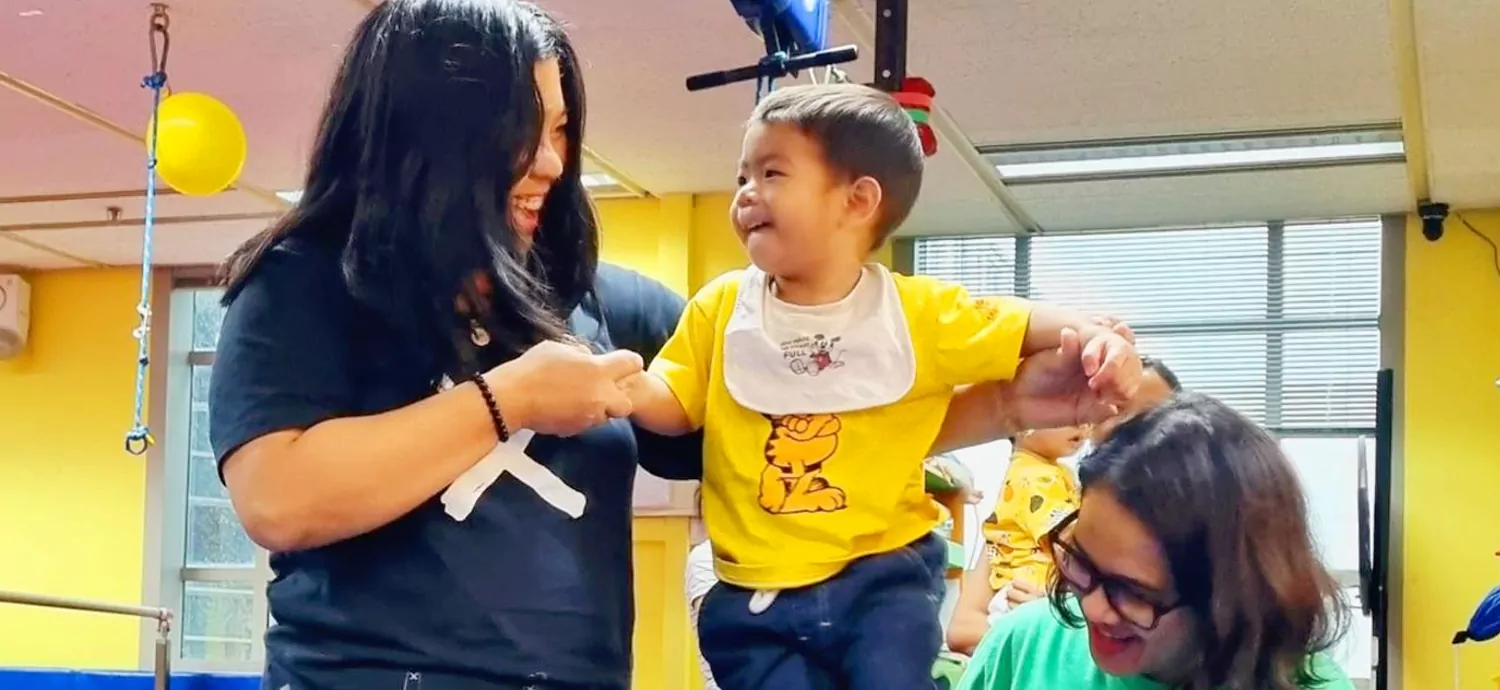Let’s talk about one of the toughest yet most crucial parts of parenting: helping your child to grow up disciplined. As a mom you wear many hats — from chef to chauffeur to referee — but mastering the art of disciplining a child feels like an elusive goal. But don’t be disappointed.
Implementing positive discipline strategies is a process that will set age-appropriate rules and help teach your child to manage her behaviour and keep her from harm while promoting healthy development.
Many parents, however, don’t like setting limits or don’t enforce rules for their children because they don’t want to come across as tyrants. But setting boundaries and limits for your child is vital for teaching her self-control, feeling secure and showing that you always have her interest at heart.
One more thing to keep in mind when you are disciplining a screaming toddler or an angry teen, it can be hard to control your temper. Shouting and physical violence do more harm than good. The fact is, there are no bad children, only bad behaviours. [Source]
At its core, discipline is all about teaching children to respect themselves and others. By setting clear boundaries and enforcing consequences, you’re showing your children that their actions have an impact on those around them.
And while you are at it, set for yourself one unbreakable rule: Always listen to your child. Hear what she has to say first. Make it a principle that you will never compromise.
Understanding the importance of discipline
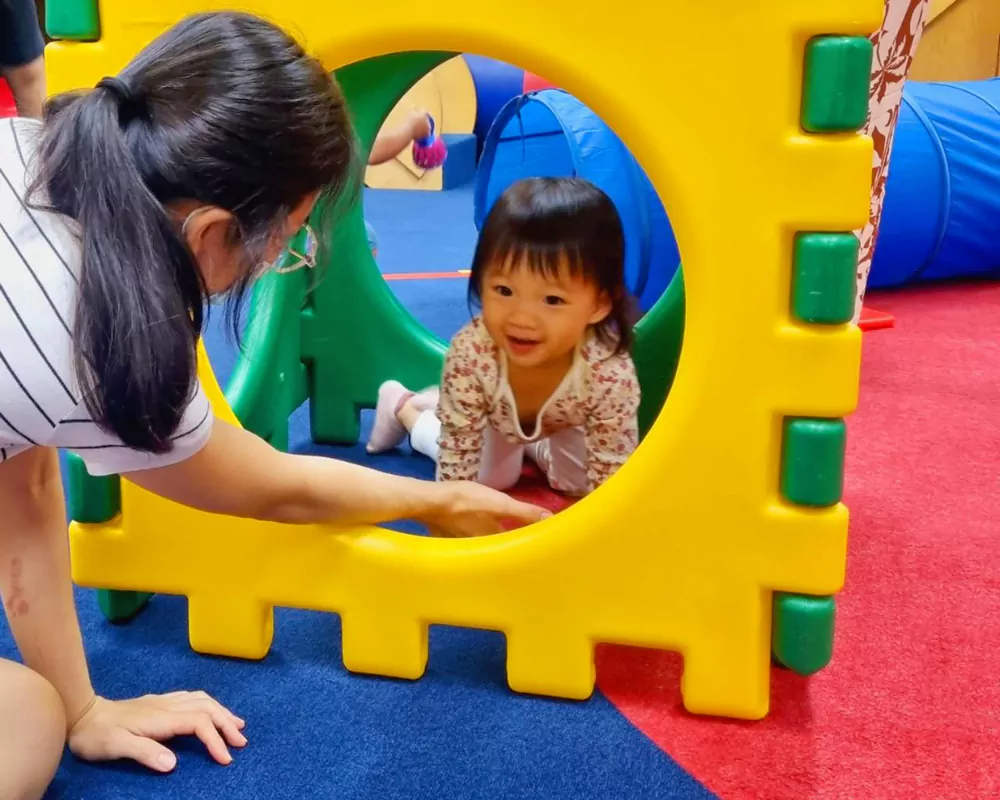
First things first, let’s break down what discipline really means. Let’s explore why discipline is so much more than just setting rules and punishment. It’s about empowering your child to make choices and take responsibility for her actions.
Discipline is about guiding your child to make positive choices and develop into a responsible, compassionate individual. By setting boundaries and enforcing consequences, you’re giving your little one the tools she needs to navigate the world with confidence. Make sure you explain the reasons behind the rules.
Apart from this, in a world where emotional intelligence is just as important, teaching your child to understand and manage her feelings will be the key. Discipline provides the perfect opportunity to help your little one develop and master this crucial skill set.
Whether it’s talking through a tantrum or brainstorming solutions to a sibling squabble, you can use discipline as a springboard for building emotional resilience and empathy in your child. As a mom, you’re not just shaping behaviour; you’re nurturing growth, building character, and strengthening bonds with your little one.
As parents, we have the incredible opportunity to shape the moral compasses of our children. Discipline provides the perfect platform for instilling values like honesty, integrity, and compassion in our little ones. So, whether it’s teaching them to tell the truth even when it’s hard or showing kindness to those in need, use discipline as a tool for helping your children become the best versions of themselves.
I remember when my second daughter, Lily, was three and tested my patience daily with her boundary-pushing antics. It wasn’t until I realized that discipline wasn’t about control but about teaching her right from wrong, that things began to fall into place and the rest as they say was easy.
Setting clear expectations
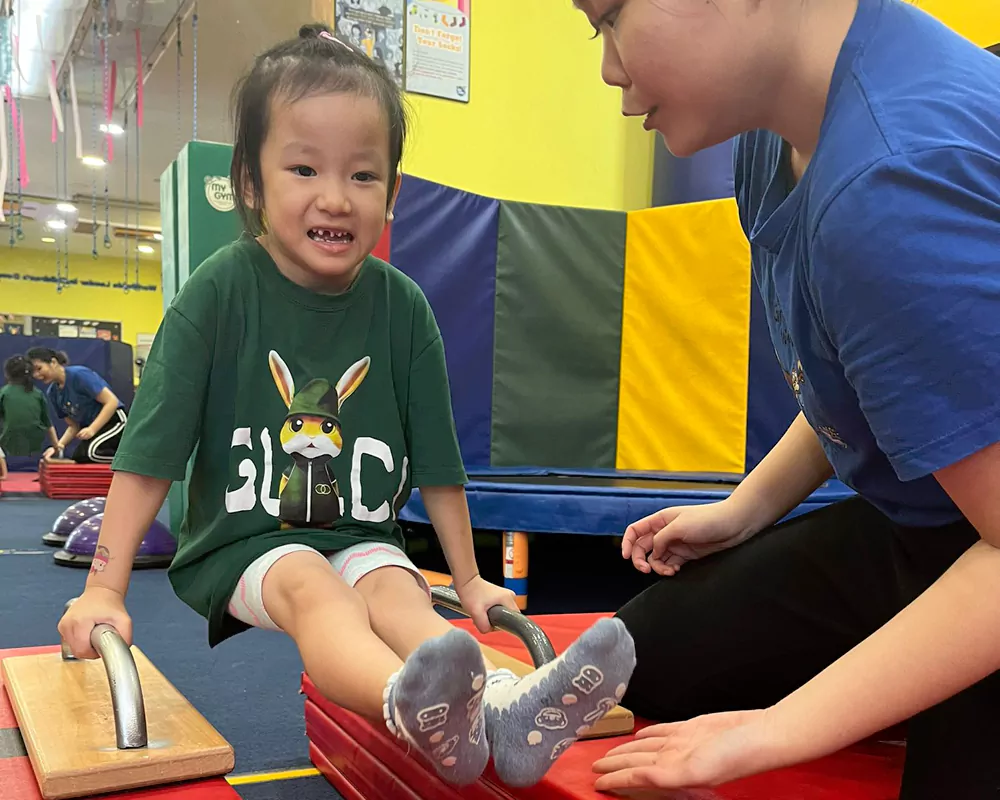
Children thrive on routine and structure, so it’s essential to set clear expectations from the word go! Whether it’s establishing bedtime rules or outlining behaviour boundaries, make sure your child knows what is expected of her.
Imagine you’re off on a new adventure but have no idea what lies ahead. Scary, right? Well, the same goes for our children too! But when children know what to expect, they feel more confident and secure in their environment.
By setting clear expectations, you’re providing your child with a roadmap for navigating life’s twists and turns. So, whether it’s outlining homework expectations or clarifying household chores, you are teaching children to make good choices. You are making sure your little ones know and learn to tackle anything that comes their way.
One of the greatest gifts you can give your child is the ability to stand on her own feet. By setting clear expectations, you empower her to take ownership of her actions and decisions. So, the next time your child insists on making her bed or packing her lunch, embrace the opportunity to foster independence. Sure, it might take a little longer (and be a little messier!), but the sense of pride and accomplishment she’ll feel will be priceless.
Face this part squarely — life is a lot smoother when everyone is on the same page. By setting clear expectations, you’re laying the groundwork for harmonious interactions within your family. Whether it’s establishing rules for sharing toys or outlining consequences for disrespectful behaviour, make sure your child understands the importance of working together as a team. After all, when everyone knows the game plan, it’s much easier to play by the rules.
When my little one started school, we sat down and created a list of household rules together. It not only helped her understand what was acceptable behaviour but also empowered her to take ownership of her actions.
The magic of positive reinforcement
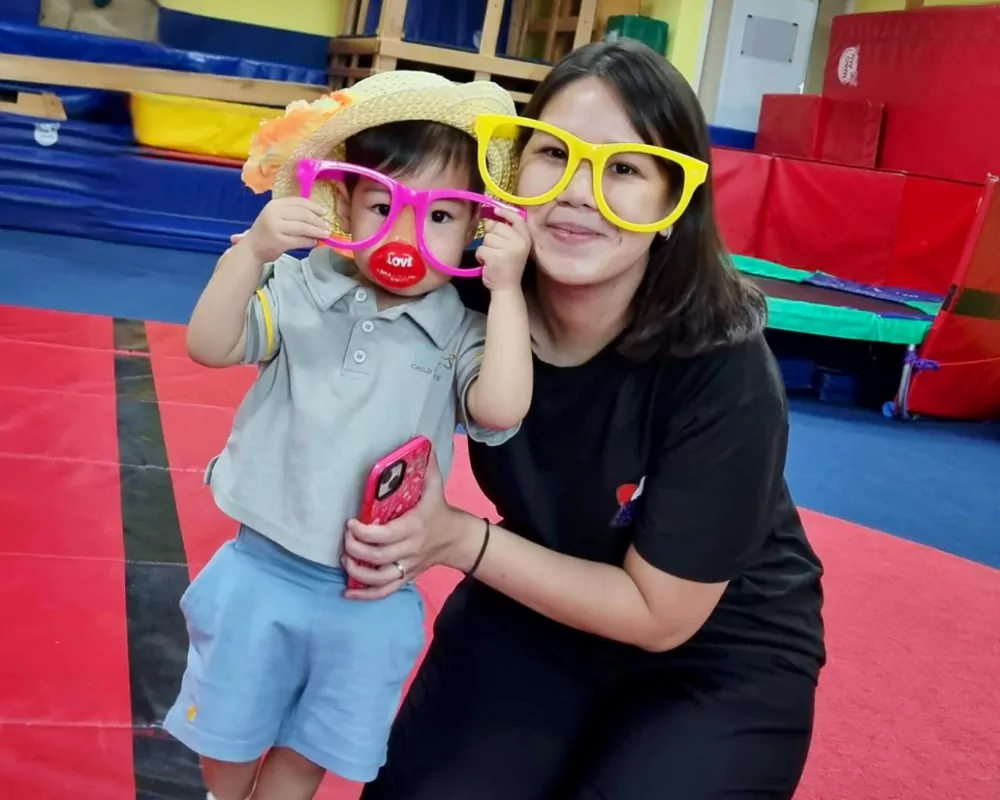
Picture this: your little one puts away her toys without you asking. It’s a small moment, but it’s a big deal for her. Celebrate it! Positive reinforcement is like magic dust in the world of discipline. It’s amazing how far a little praise can go.
Whenever you catch your child doing something right, no matter how small, make sure to celebrate it. It could be a high-five, a hug, or even a mini-dance party like the one I had with my little girl, Lily. I’ll never forget the joy on her face when I celebrated her effort.
Remember to praise your child immediately after she has done something good so she knows what behaviour you’re celebrating. Also praise your child for trying hard, even if she doesn’t succeed.
Positive language is more encouraging and helps your child understand what you want from her. This encourages her to keep trying. Make a chart with your child’s goals and track her progress as well. This visual reminder can motivate her to keep up the good work. This also helps reinforce positive behaviour.
Rewards can be effective too, but they should be small and meaningful to your child. It could be extra playtime, a sticker, or a special treat. Be consistent in your praise and rewards to reinforce positive behaviour over time.
A child learns by example, so be a role model. Show her how to be kind, patient, and respectful. Instead of using time-outs, try a “time-in” where you sit with your child and talk about her behaviour calmly. This helps your child learn from what she did right and from her mistakes.
By using these positive reinforcement techniques, you can help your child develop good behaviour. Remember, no two kids are the same, so find what works best for your family. Keep in mind, however, that positive reinforcement is about building your child’s self-esteem and confidence. So, be ready to sprinkle that magic dust often and watch them shine!
Importance of effective communication
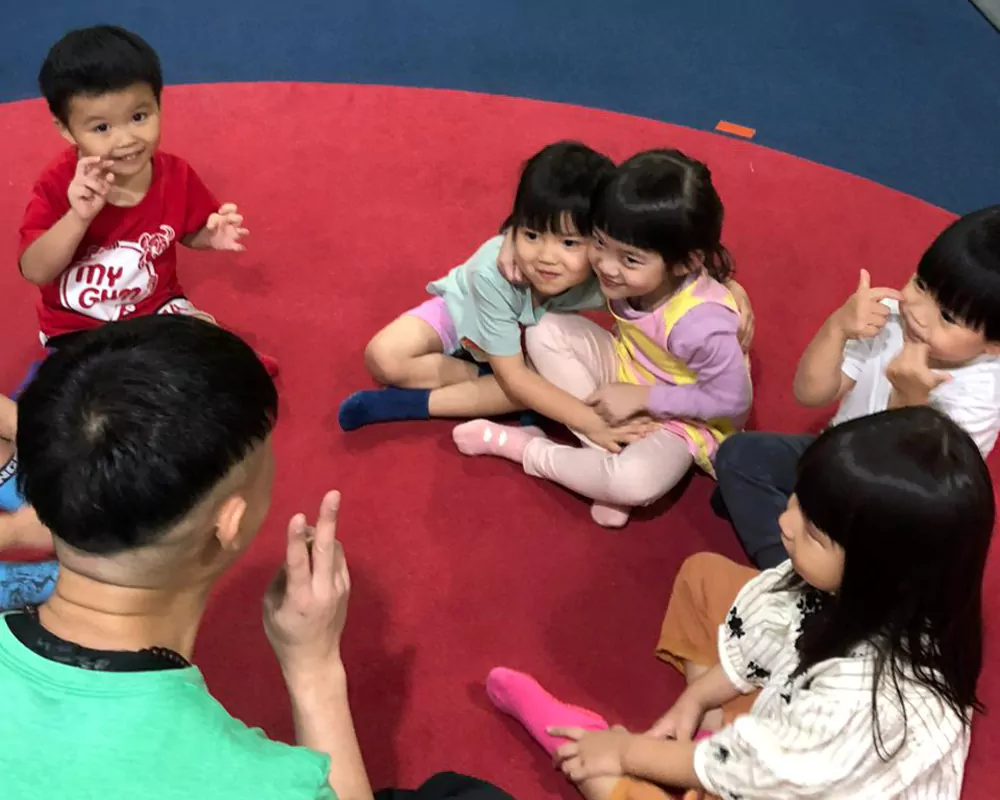
Communication is key in any relationship, especially with your little ones. Instead of resorting to yelling or threats, try having more open and honest conversations. When your child wants to talk, give her your full attention. Encourage your child to express herself through words, art, or play. Sometimes, it takes time for a child to express herself. Be patient and give her the space she needs to communicate. This can help your child to process her emotions at her own pace and feel more understood.
Get down to her eye level and listen without interrupting. This shows your child that you value her thoughts and feelings and are seeing things from her perspective. When your child is upset or frustrated, acknowledge her feelings and let her know you understand. For example, “I can see you’re really sad that we can’t play outside right now.”
When explaining rules or consequences, use language that is easy for your child to understand. This helps avoid confusion and frustration on both sides. When conflicts arise, involve your child in finding solutions. This will teach your child valuable problem-solving skills and show that her input is important.
Also, make sure that your child understands that the conversation you are having with her is a two-way street. She should listen to what you are saying attentively. In turn, you listen to your child with an open heart and mind, and watch your bond grow stronger than ever before!
Establishing an effective way to communicate with your child takes time. Showing patience and being persistent as you navigate this journey together will bear fruit sooner than later. The important thing is to keep the lines of communication open and respectful.
When my daughter was upset about not being able to go to her friend’s house to play, we sat down and talked about why it was important to follow the rules. It was amazing to see her little face light up when she realized I was listening to her.
Being consistent and following through
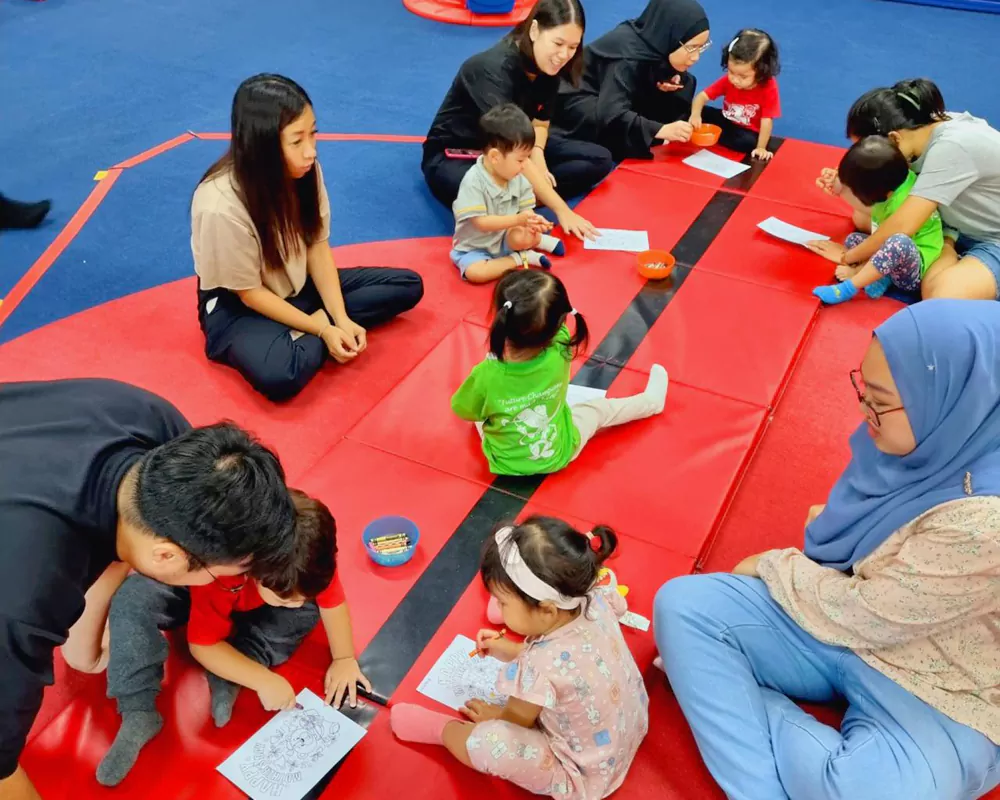
Let’s chat about something that can make a world of difference in your parenting journey: consistency and follow-through. Picture this: you tell your child it’s bedtime at 8 p.m., but one night you let them stay up until 9 p.m. What happens? They quickly learn that rules are flexible, and bedtime becomes a battleground.
Consistency is like the secret sauce to successful discipline. So, if you say no to something one day and let it slide the next, your child will catch on fast. That’s why it’s crucial to stick to your guns and follow through with consequences when necessary.
Be clear and consistent about your expectations from the get-go. Whether it’s bedtime, screen time limits, or chores, make sure your child knows the rules. Be a role model for consistency in your own behaviour. If you expect your child to follow the rules, you need to do the same.
Stay calm and be firm. It’s natural for kids to push boundaries, but stay calm and firm when enforcing
rules. Avoid getting into power struggles and stick to the consequences you’ve established. If you’ve set a consequence for a certain behaviour, make sure to follow through every time. This shows your child that you mean business.
When your child follows the rules consistently, celebrate her success no matter how small this may seem. This tends to pay off in the long run. When my daughter realized that bedtime meant bedtime, our nightly battles became a thing of the past. So stay consistent, stay firm, and watch your parenting game reach new heights!
How self-regulation helps
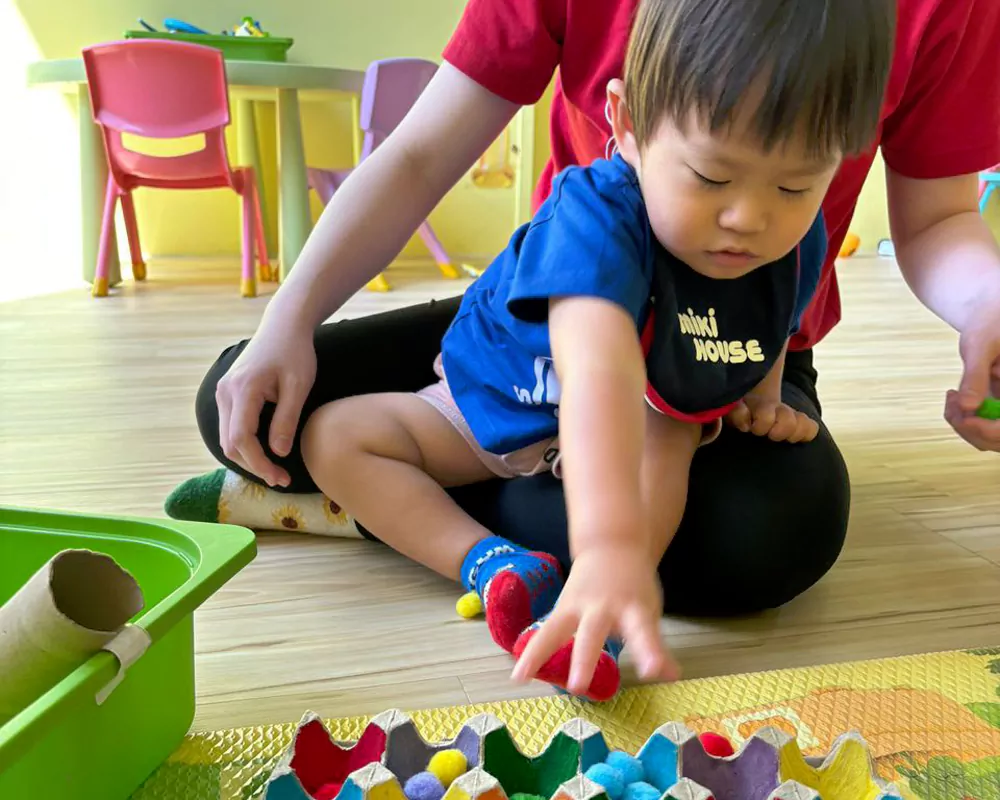
Encouraging your children to express their feelings in healthy ways is key to regulating their emotions. It’s like giving them a secret tool that will help them navigate life’s ups and downs with grace and resilience.
Trust me, it makes all the difference. I’ll never forget the time when my little one, Lily, was upset because she couldn’t build a tower as tall as she wanted. Instead of getting frustrated, we worked together to find a solution. Seeing the pride on her face when she succeeded was priceless.
Encourage your child to express her feelings in healthy ways. Help your child identify and label her emotions. Let her know that it’s okay to feel sad, angry, or frustrated. Once she learns to label how she is feeling, it will be time to begin teaching her healthier ways of coping with her feelings and when emotions arise and begin to overwhelm her.
Difficult emotions such as anger and hurt can be managed by deep breathing, taking a break, or talking to an adult she trusts. It would help if you could make the time and show your child how you regulate your own emotions.
Create a safe and supportive environment where your child feels comfortable expressing her feelings without judgment. Celebrate your child’s efforts to regulate her emotions, even if she doesn’t always succeed. You can help by practising healthy coping strategies and problem-solving skills together.
Learn More: teach children problem-solving skills
Remain flexible and always adapt
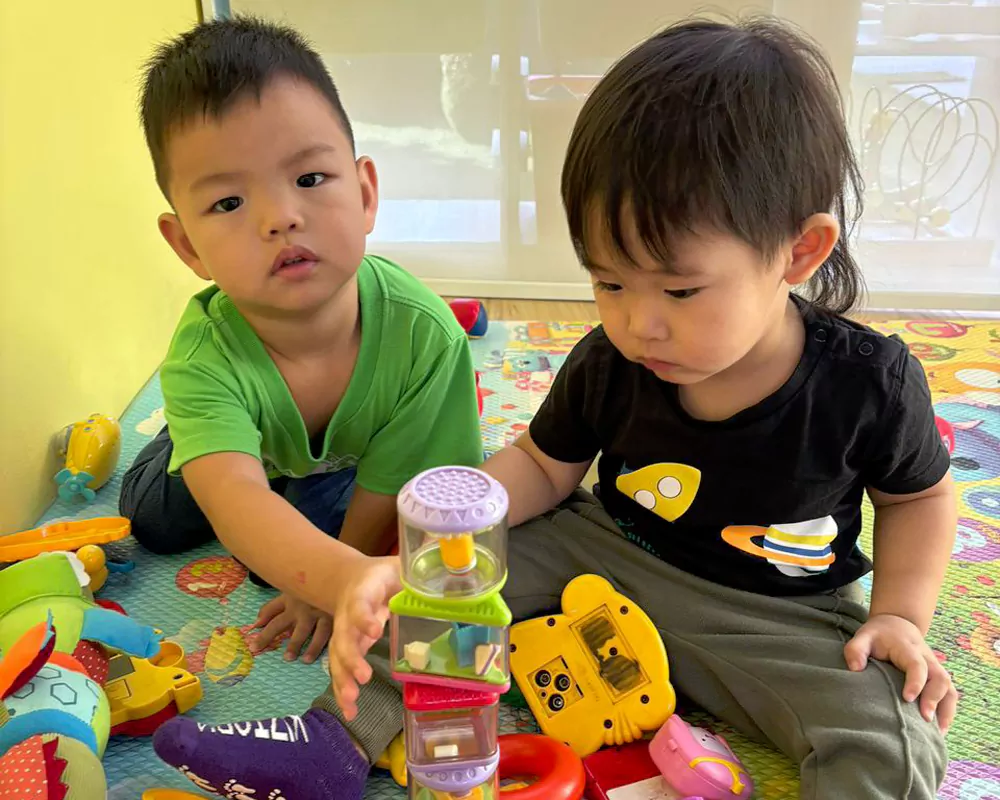
As no two children are alike, it is essential to be flexible and adapt your discipline techniques to suit their unique personalities. Stay open-minded and be willing to try new approaches until you find what works.
When my elder daughter started testing boundaries as a teenager, I had to adjust my parenting style to accommodate her newfound independence. It wasn’t easy, but being flexible helped us navigate those rocky waters together.
Take the time to understand your child’s personality, strengths, and challenges. This will help you tailor your approach to discipline. It is great to know your child from the time she is young. This way, you will have first-hand knowledge of how she is growing and evolving, in other words, become an expert y our child can trust without any reservations.
While you are on this exciting journey of parenting, be open to trying new things and adjusting your strategies as your child grows and changes. When you are open to change, you will naturally keep the lines of communication open with your child. Listening to her perspective and being willing to compromise when appropriate.
Understand that your child is still learning and growing. So set realistic expectations and be willing to adjust your expectations as needed. Parenting is challenging, but staying calm and patient is an advantage that you should cultivate. So take a deep breath and approach discipline with a level head.
Patience, perseverance and compassion in your parenting approach will not only help you navigate the challenges of raising your child successfully but also strengthen your bond with your child. So, embrace flexibility, stay open-minded, and watch your parenting skills grow!
Every little thing helps
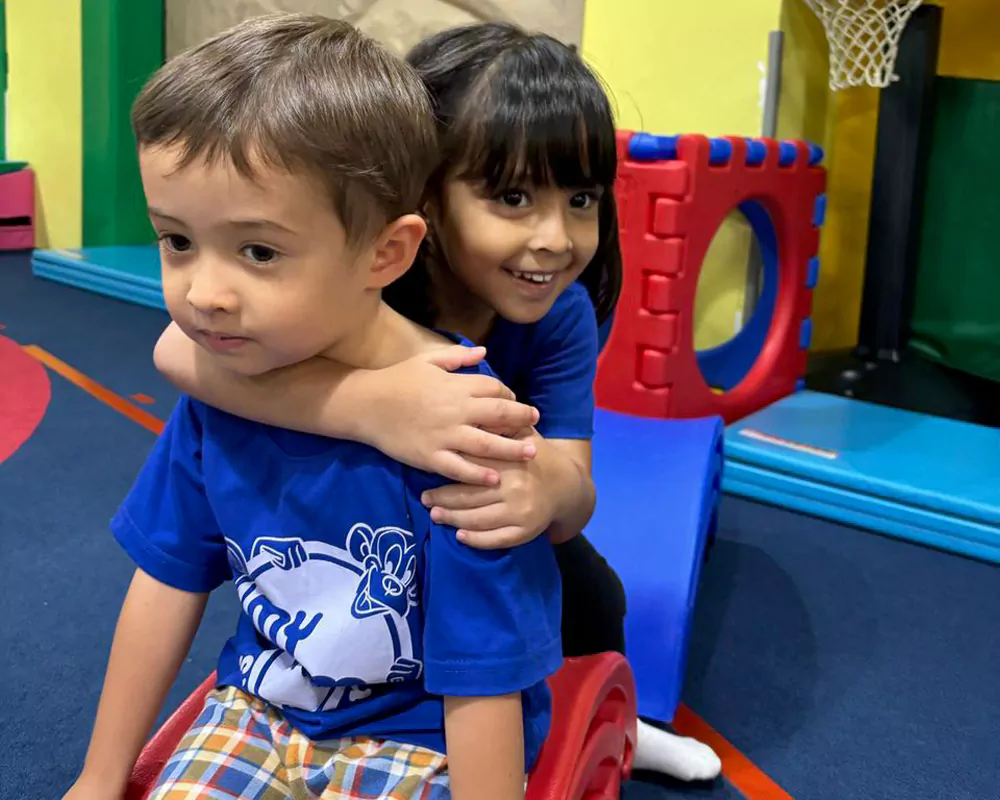
Parenting is tough. Whether you’re feeling overwhelmed, confused, or just need someone to talk to, reaching out for support can make a world of difference. Besides, there’s no shame in asking for help when you need it.
Remember, you’re not alone in this journey, and there’s strength in numbers and wisdom in group-think. Joining a mom’s group or forum can provide you with a sense of community and support. These groups can provide you with valuable resources, advice, and a safe space to share your experiences.
When and if you’re struggling with a specific issue, don’t hesitate to seek guidance from a professional. Whether it’s a paediatrician, therapist, or parenting coach, they can provide you with the support and resources you need.
Parenting is challenging, but staying positive and seeking support can help you navigate the ups and downs. Remember to prioritize self-care. Taking care of yourself will help you be a better parent to your child.
When I was struggling with some of my teenage daughter’s behaviour issues, connecting with other parents who were going through the same thing made all the difference. So, never be afraid, feel shy or embarrassed to reach out for help when you need it.
So, there you have it — a crash course in the art of discipline. Remember, it’s not about being perfect; it’s about being present and doing your best every day. With a little patience, a lot of love, and with these handy tips up your sleeve, you’ll be a discipline-pro in no time.
How My Gym can be of help
One effective way to help young children grow up to be disciplined and become positive human beings is by involving them in physical activities that aim for all-round development. By motivating and involving children to perform dynamic physical movements individually and in groups, you create a safe setting where children can learn collaboration, focus and listen to instructions.
By interacting with their peers day in and day out, children acquire critical social and communication skills in real-time, enabling them to navigate complex social situations and nurture emotional development to lead healthier lives.
My Gym’s enrichment programs augment the growth of neural networks in the brain and lay a solid foundation for personal, academic and future growth. By involving children in age-appropriate, structured and unstructured activities My Gym builds resilience, and develops disciplined thinking and problem-solving skills.
Please visit any of My Gym centres to learn more about how it supports “whole-child development”. Choose a day when you are relatively free and come over with your child in tow. Your child could be an infant (as young as 6 months), a toddler or a preschooler, age is not a bar to learn how your child can become disciplined and xresilient, and pick up skills just by looking and imitating. without missing out on anything!
Please note: My Gym classrooms are thoroughly sanitized every day — the tables, the chairs, the children’s activity stations and everything else the child might touch is made safe and clean. Whenever required, children are encouraged to wear a mask, wash their hands frequently, and practice social distancing as well.



